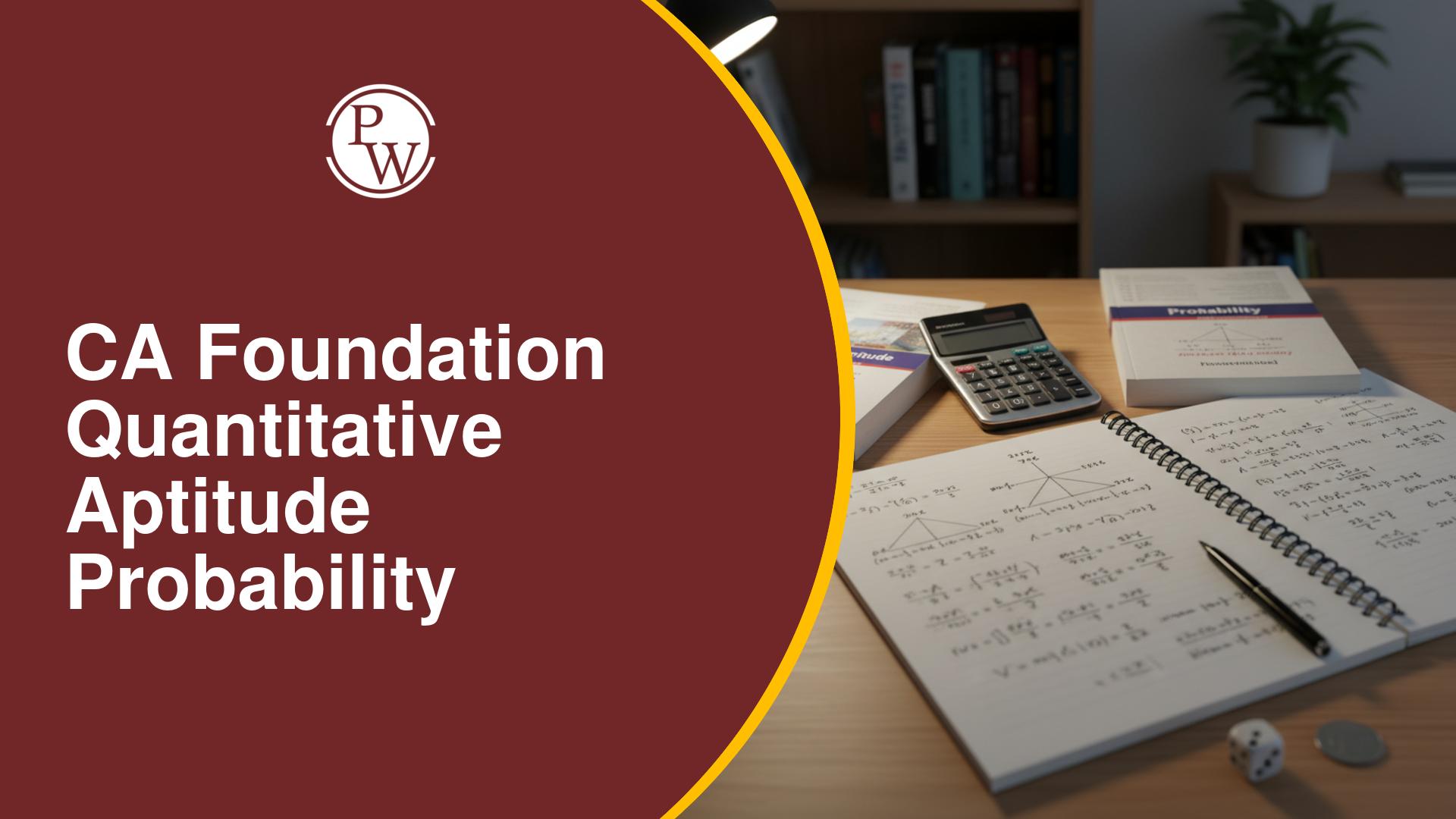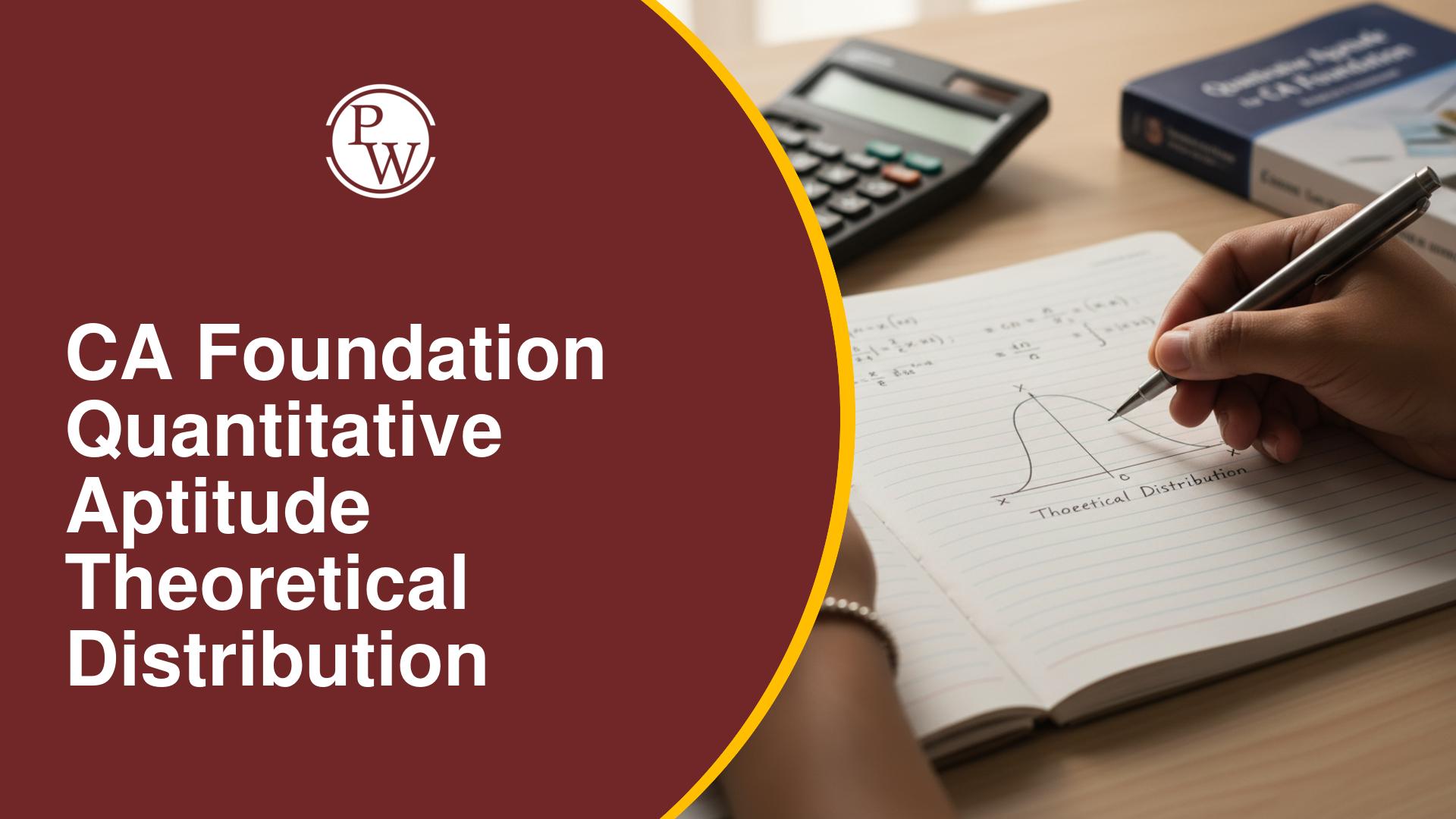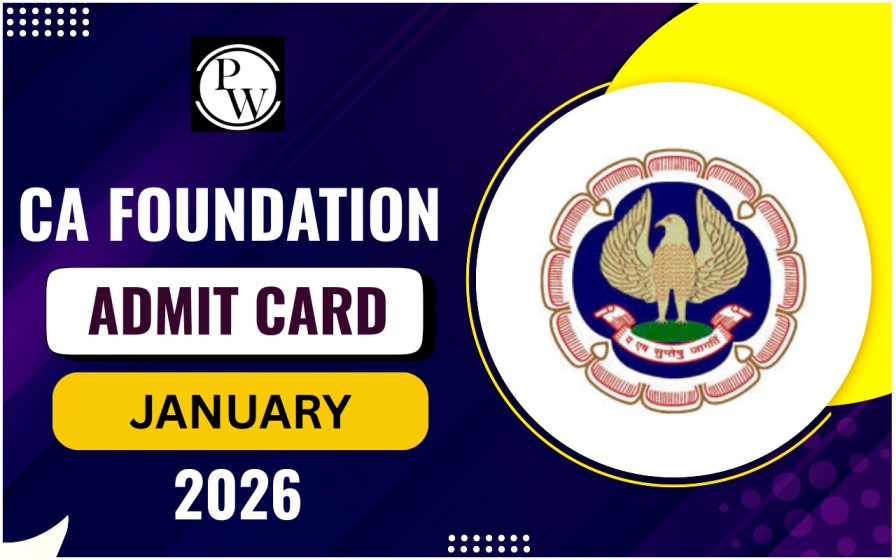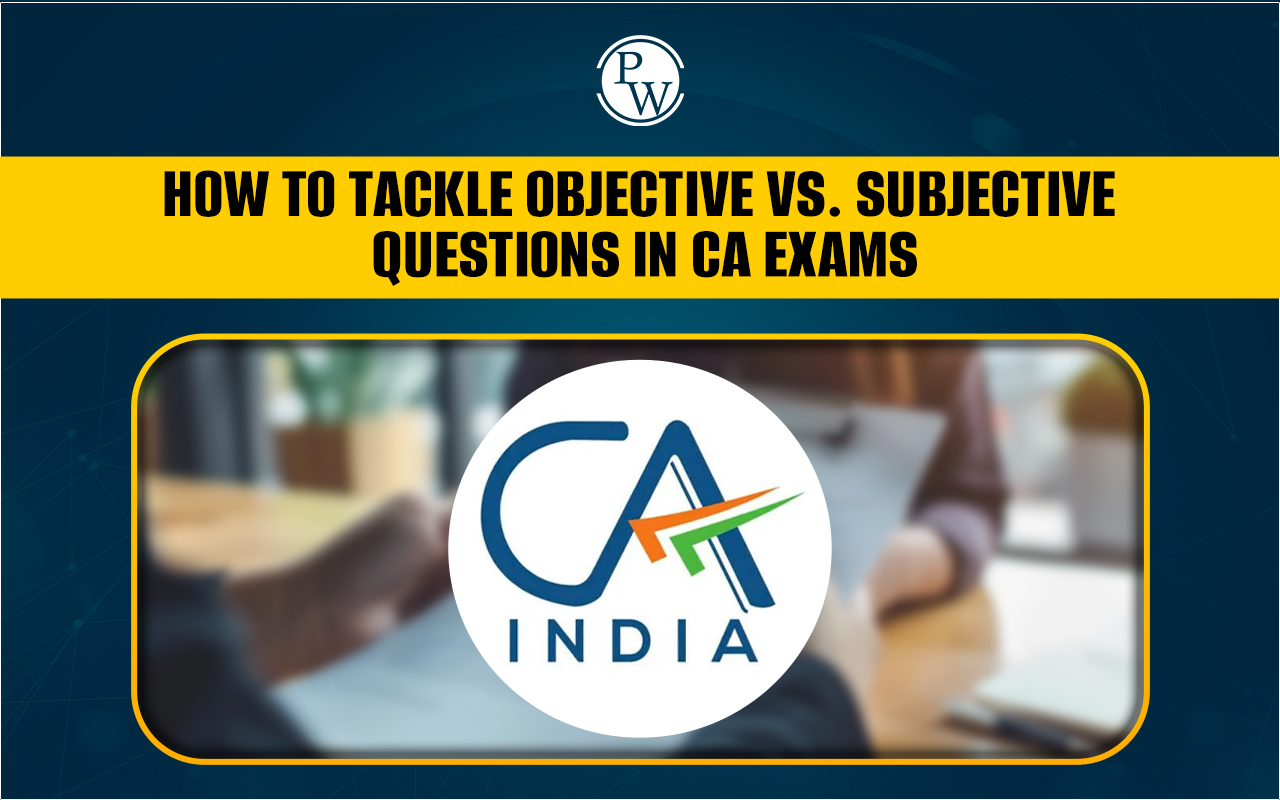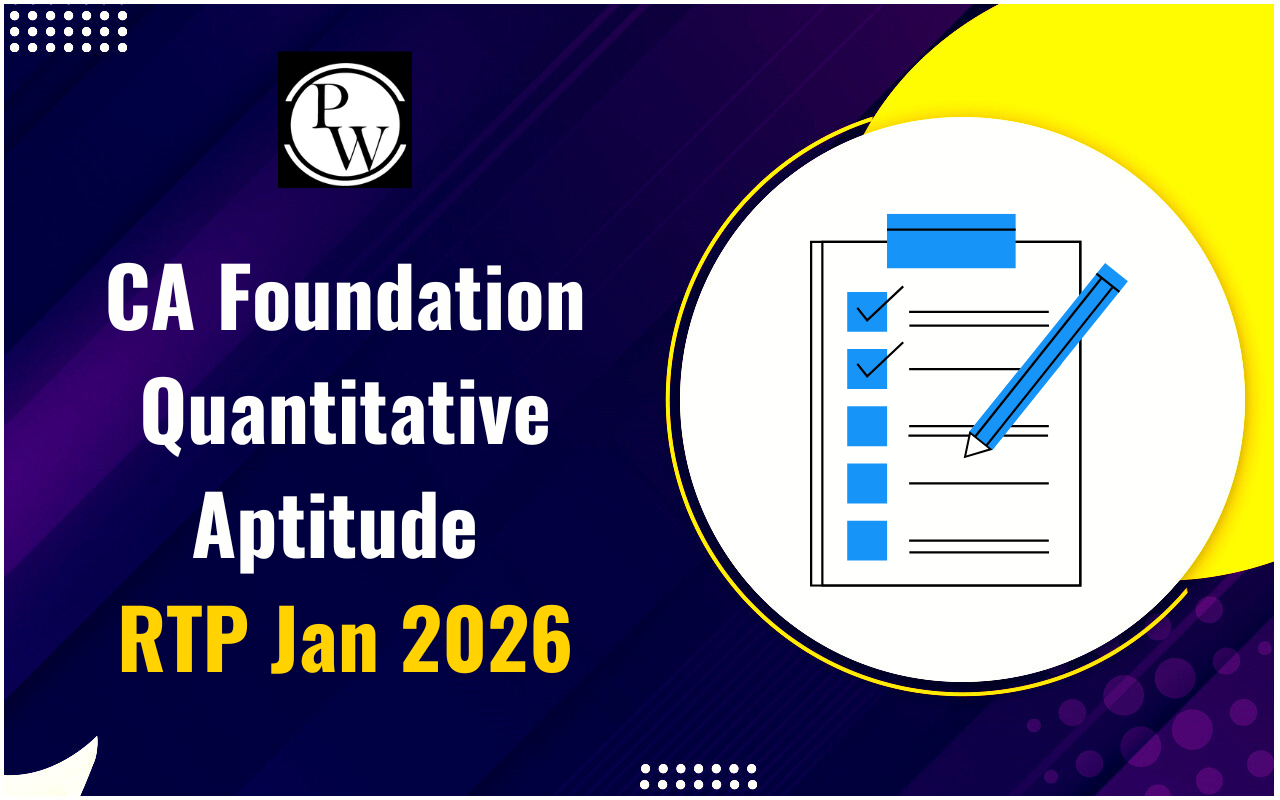
The journey to becoming a Chartered Accountant (CA) in India is rigorous and involves a thorough understanding of various financial concepts, including the heads of income. As aspiring CAs, it’s crucial to grasp how these heads operate under the Income Tax Act, 1961, as they form the basis for income assessment and tax calculations. In this blog, we will explore the various heads of income, their components, and their significance in the CA curriculum.
What Are Heads of Income?
The Income Tax Act categories income into five main heads, each with distinct rules and regulations for computation and taxation. Understanding these heads is essential for CA students, as it aids in tax planning, compliance, and providing advisory services to clients.1. Income from Salaries
Income from salaries includes remuneration received by an individual for their services as an employee. This head encompasses all types of salary components, including basic salary, bonuses, allowances, and perquisites, it includes: Basic Salary: The fixed amount paid before any deductions. Allowances: Payments made by the employer to meet specific needs, such as house rent allowance (HRA), travel allowance, etc. Perquisites: Benefits provided by the employer, such as accommodation, cars, etc. Retirement Benefits: Gratuity, pension, and provident fund contributions. This income is taxed on an accrual basis, and various exemptions and deductions can be claimed, such as under Section 10(13A) for HRA.
2. Income from House Property
This head covers income generated from property that is owned by an individual, such as rental income from residential or commercial properties, it includes: Gross Annual Value (GAV): The amount for which the property might reasonably be expected to be let out. Net Annual Value (NAV): GAV minus municipal taxes paid. Deductions: Taxpayers can claim a standard deduction of 30% on NAV and a deduction for interest on home loans under Section 24(b). Income from house property is assessed on a deemed rental basis, even if the property is not rented out.3. Income from Business or Profession
This head includes profits earned from any business or professional activity undertaken by the taxpayer, it includes: Gross Receipts: Total sales or fees collected during the financial year. Allowable Expenses: Business-related expenses like rent, salaries, and cost of goods sold. Income from business or profession can be calculated under two methods:- Presumptive Taxation Scheme (Section 44AD): For small businesses with turnover up to ₹2 crore, where 8% of the total turnover is considered profit.
- Regular Method: Detailed accounting of income and expenses.
4. Income from Capital Gains
This head includes profits earned from the sale of capital assets such as property, shares, and bonds, it includes: Short-Term Capital Gains (STCG): Gains from assets held for less than 36 months (or 12 months for listed securities). Long-Term Capital Gains (LTCG): Gains from assets held for more than the respective holding period. Tax Treatment:- STCG: Taxed at a flat rate of 15% for equities and 30% for other assets.
- LTCG: Taxed at 20% with indexation benefits on assets held for a longer duration.
5. Income from Other Sources
This is a residual head that includes any income not categorized under the above heads. It encompasses a wide range of income types, it includes: Interest Income: Earnings from savings accounts, fixed deposits, etc. Dividend Income: Earnings from shares held in companies. Winning from Lotteries, Racehorses, etc.: This includes any money earned through lotteries, gambling, and betting. Income from other sources is generally taxed at the individual’s applicable tax rate, and certain exemptions may apply, such as Section 10(34) for dividend income received.Importance of Understanding Heads of Income
Lets understand why Heads of Income is Important, below mentioned are the importance of Heads of Income:Foundation for Tax Planning
Mastering these concepts equips CA students with the skills needed for effective tax planning, enabling them to advise clients on minimizing tax liabilities.Compliance and Reporting
Knowledge of the heads of income is essential for preparing accurate tax returns and ensuring compliance with income tax regulations.Advisory Services
CAs often provide advisory services to clients regarding income optimization and tax-efficient strategies. Understanding the nuances of each head helps in delivering valuable insights.Examination Preparedness
The heads of income are fundamental topics in the CA curriculum. A strong grasp of these concepts is crucial for success in examinations. Understanding the heads of income is vital for CA students as they form the backbone of tax planning and compliance. Each head has its own set of rules, deductions, and exemptions that can significantly impact the overall tax liability of individuals and businesses. To further boost your CA exam preparation, explore PW CA Courses , designed to help you crack the CA exams with expert guidance and structured study plans.| Also Read: |
| Supply Under GST |
| Income from House Property |
| Role of Information Technology in Strategic Management |
| Advanced Accounting Financial Statements Of Companies |
Heads of Income FAQs
What are the five heads of income under the Income Tax Act?
The five heads of income are Salaries, Income from House Property, Profits and Gains of Business or Profession, Capital Gains, and Income from Other Sources.
How is income from house property calculated?
Income from house property is calculated based on the annual value, which is the higher of actual rent received or the fair market rent. Deductions for municipal taxes and interest on housing loans can be claimed.
What deductions can be claimed under the Salaries head?
Deductions under the Salaries head include professional tax paid and contributions to recognized retirement funds like EPF or NPS.
What is the difference between short-term and long-term capital gains?
Short-term capital gains arise from assets held for less than 24 months and are taxed at the individual’s applicable slab rate. Long-term capital gains from assets held for more than 24 months are taxed at a flat rate of 20% with indexation benefits.
What constitutes income from other sources?
Income from other sources includes any income that does not fall under the other four heads, such as interest on bank deposits, dividends, and winnings from lotteries.
🔥 Trending Blogs
Talk to a counsellorHave doubts? Our support team will be happy to assist you!

Check out these Related Articles
Free Learning Resources
PW Books
Notes (Class 10-12)
PW Study Materials
Notes (Class 6-9)
Ncert Solutions
Govt Exams
Class 6th to 12th Online Courses
Govt Job Exams Courses
UPSC Coaching
Defence Exam Coaching
Gate Exam Coaching
Other Exams
Know about Physics Wallah
Physics Wallah is an Indian edtech platform that provides accessible & comprehensive learning experiences to students from Class 6th to postgraduate level. We also provide extensive NCERT solutions, sample paper, NEET, JEE Mains, BITSAT previous year papers & more such resources to students. Physics Wallah also caters to over 3.5 million registered students and over 78 lakh+ Youtube subscribers with 4.8 rating on its app.
We Stand Out because
We provide students with intensive courses with India’s qualified & experienced faculties & mentors. PW strives to make the learning experience comprehensive and accessible for students of all sections of society. We believe in empowering every single student who couldn't dream of a good career in engineering and medical field earlier.
Our Key Focus Areas
Physics Wallah's main focus is to make the learning experience as economical as possible for all students. With our affordable courses like Lakshya, Udaan and Arjuna and many others, we have been able to provide a platform for lakhs of aspirants. From providing Chemistry, Maths, Physics formula to giving e-books of eminent authors like RD Sharma, RS Aggarwal and Lakhmir Singh, PW focuses on every single student's need for preparation.
What Makes Us Different
Physics Wallah strives to develop a comprehensive pedagogical structure for students, where they get a state-of-the-art learning experience with study material and resources. Apart from catering students preparing for JEE Mains and NEET, PW also provides study material for each state board like Uttar Pradesh, Bihar, and others
Copyright © 2026 Physicswallah Limited All rights reserved.
